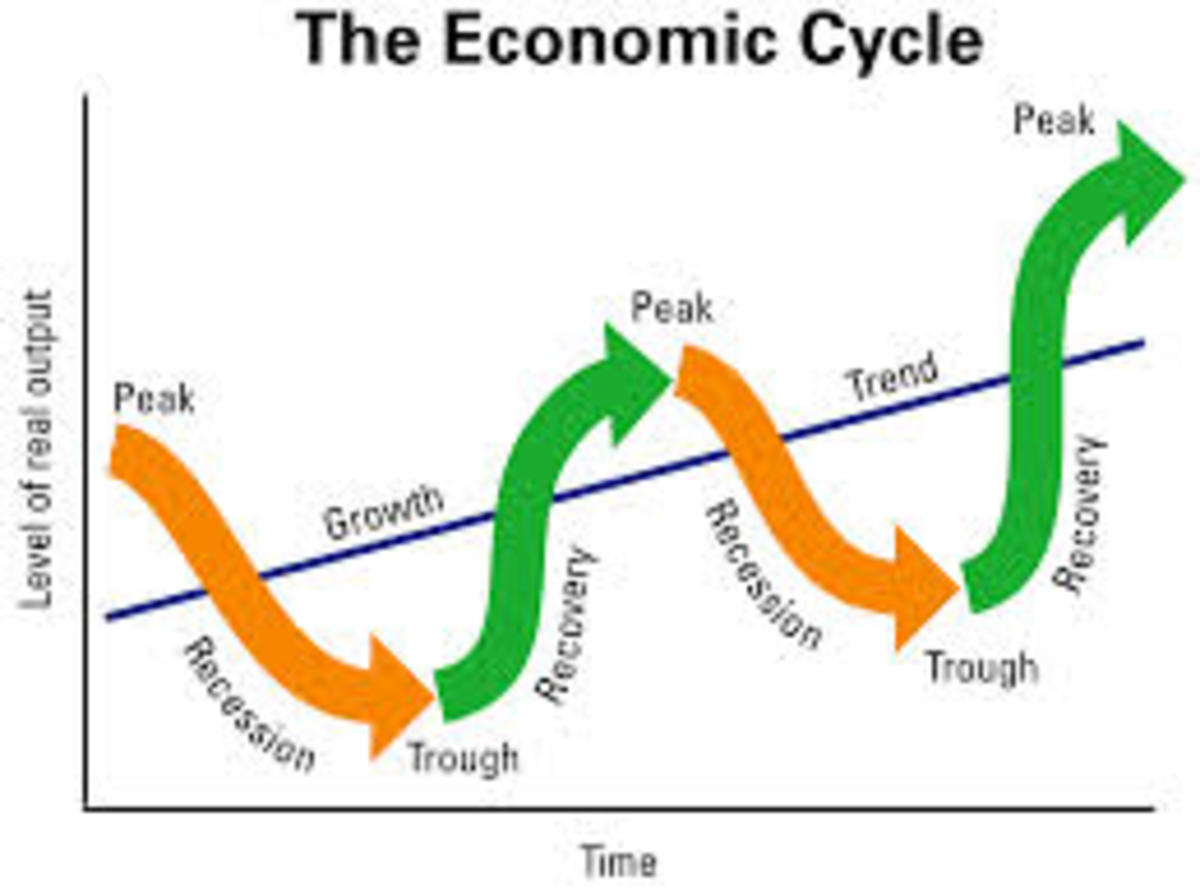The Role of Competition in Market Economies
A market economy allows individuals and companies to coexist within a legal framework enforced by courts, with added protection from governments. The important aspect here is that courts and governments do not rely on heavy interaction with the general market economy. The role of competition in a market economy climate is typically what makes this system operate well. Competition enables even more alternatives in an economy; strengthen the quality of items through the efficient resource use, and increase economic expansion through copious financial investments. In many situations, the outcomes from competition in a market economy are constantly beneficial.
Self-interest is an essential element to the market economy system. It lets an individual or business make their very own decision on ways to devote income and financial investment for a specific purpose. Economists typically define action as “choice,” with more alternatives making the economic climate more desirable for meeting needs and desires of all parties in the economy. Competition in a market economic climate is also able to provide selection between name-brand products and substitute – sometime inferior – items. As an example, an individual is able to choose between high priced preferred clothing or a slightly less preferred, cheaper, and adequate clothing option.
Economic resources often include property, labor, and capital. The use of these sources will result in products and services readily available to producers and consumers in a market. Entrepreneurship is often a fourth economic resource, which represents the capacity of an individual to develop the original economic resources into an effective business. The role of competition in a market economic situation permits numerous individuals or businesses to make use of resources successfully, as well as create the highest quality and most affordable products. Constant competition further improves an organization’s usage of resources and influences companies to greatly improve products in order to maintain sales revenue.
Financial expansion through economic growth depends on the utilization of capital in a market economic climate. Competition in a market economy allows new businesses to start and raise the production outcome of the overall economy. When this happens, organic economic growth is the outcome. People have better jobs, possibly greater incomes, a need for new products, and service demand increases as organizations produce more supply. The cyclical quality of a market economy enables larger financial investment into the market situation, as well as allow for more business development.
The long-term durability of market economies is dependent on the volume of opportunity in the overall market economic situation. Exclusive or private property laws are amongst the most crucial parts of a market economy. When people maintain the sources or resources they create or earn, the market tends to succeed for sustainable time durations due to the incentive or personal economic growth opportunities.








